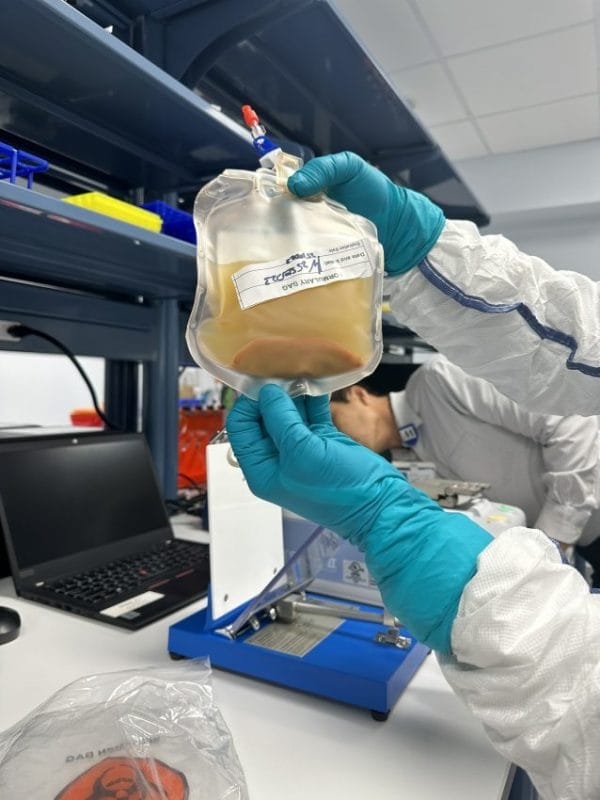LyGenesis
LyGenesis, a clinical-stage biotechnology company developing cell therapies for large unmet medical needs, announced today that the first patient has been dosed in their Phase 2a clinical trial evaluating their first-in-class allogenic regenerative cell therapy transplanted into patients’ lymph nodes as a potential treatment for end-stage liver disease (ESLD).
Dr. Michael Hufford, Co-Founder and CEO of LyGenesis
“In a medical first, we have now dosed our first patient in a clinical trial using their own lymph nodes as living bioreactors to regenerate an ectopic organ. This therapy will potentially be a remarkable regenerative medicine milestone by helping patients with ESLD grow new functional ectopic livers in their own body. If our study is successful and we obtain FDA approval, our allogenic cell therapy could enable one donated liver to treat many dozens of ESLD patients, which could help to tilt the current organ supply-demand imbalance in favor of patients.”
Dr. Richard Marshall, CEO of Juvenescence, an investor in LyGenesis
“This clinical trial heralds more than an important milestone in the study of bench-to-bedside translational medicine, it is a prime example of LyGenesis’s ongoing investigational efforts to translate cutting-edge innovative scientific discoveries, such as using the lymph nodes as a bioreactor to grow functioning ectopic organs, into clinical reality for patients suffering from life-threatening illnesses. LyGenesis’ platform of regenerative cell therapies extends beyond ESLD to Type 1 diabetes, renal disease, and aging.”
Justin Briggs, Operating Partner at Prime Movers Lab, another investor in LyGenesis
“LyGenesis’ cell therapy platform represents a truly remarkable potential commercial opportunity and may be transformative for chronic liver failure patients who do not have access to a donor liver. Their use of an endoscopic ultrasound as a low risk and low cost route of cell therapy administration is another way this pioneering technology could provide patients with access to life-saving therapies and address complex medical challenges by upending transplant medicine.”
